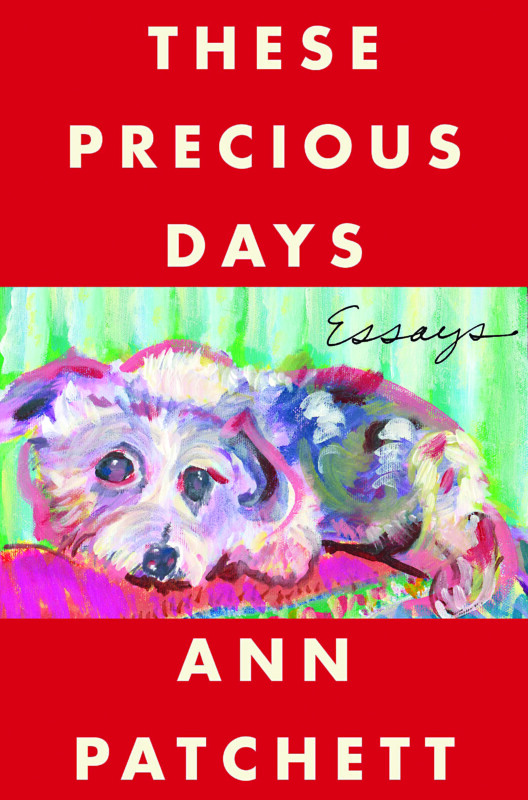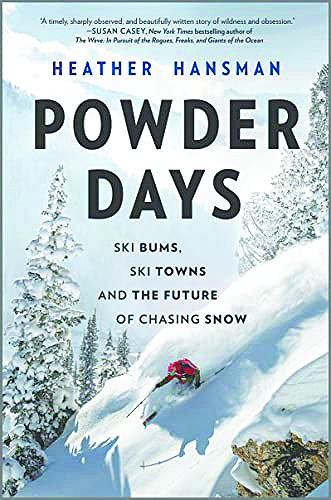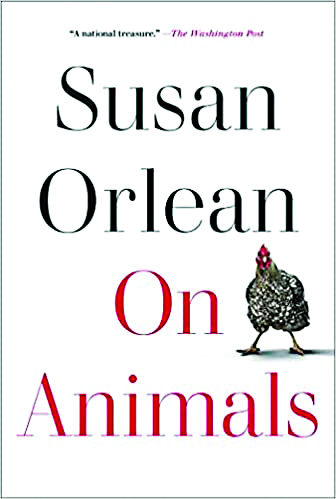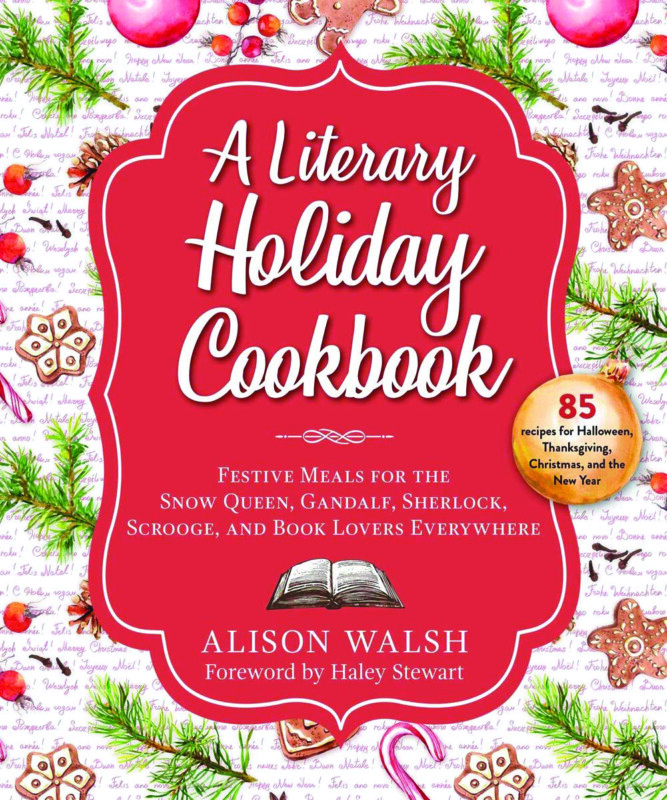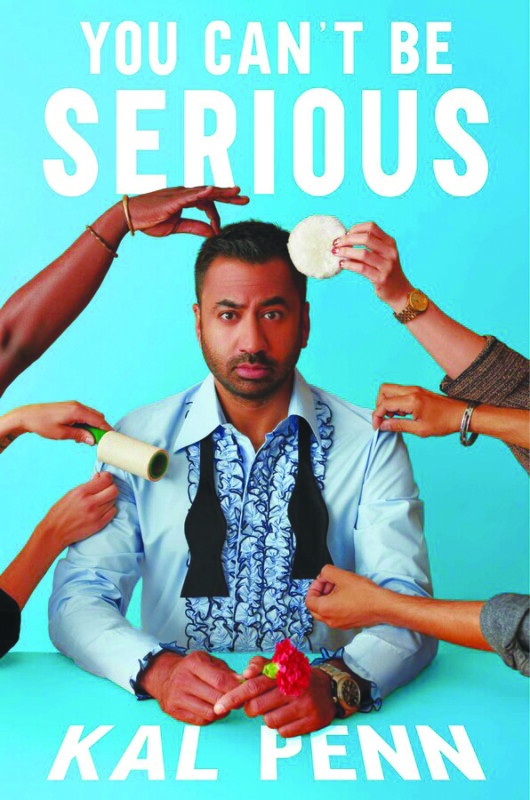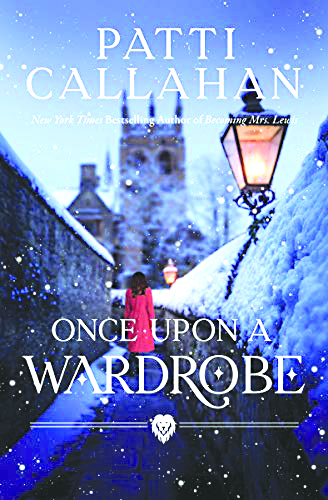These Precious Days, by Ann Patchett (Harper, 320 pages)
The Ann Patchett craze somehow eluded me, although I know people who wait breathlessly for her next book. She is not as famous as Stephen King nor as prolific as Jodi Picoult, having “just” eight novels and two children’s books to her name, but she enjoys those writers’ commercial success, and has developed an auxiliary fame as co-owner of a Nashville bookstore and as an advocate for independent booksellers.
As such, there’s been breathless anticipation all year for Patchett’s fourth book of nonfiction, These Precious Days, which is a pandemic book — not a book about a pandemic, but a book set in the pandemic. In fact, some of what occurs in the essays here pre-dates Covid-19 and has been published before, in The New Yorker and elsewhere. That, it turns out, matters not one whit.
The essays are finely strung, like a strand of Mikimoto pearls, and are so well-crafted as to have sprung fully formed from Zeus’s head. Patchett identifies as a novelist but says she’s always writing essays to fill in the gaps, to remind her that she’s still a writer when she’s not consumed by a work of fiction. Amusingly, she says that when working on a novel, she’s stalked by the idea of death, thinking that she could die at any time and the undertaker would bury all her beloved characters with her. The pandemic made that worse. “What was the point of starting [a novel] if I wasn’t going to be around to finish? This didn’t necessarily mean I believed I was going to die of the coronavirus, any more than I believed I was going to drown in the Atlantic or be eaten by a bear, but all those scenarios were possible. The year 2020 didn’t seem like a great time to start a family, or a business, or a novel.” And so she spent the time working on essays, which Patchett says death didn’t seem all that interested in.
The collection starts with a remembrance published in The New Yorker on Patchett’s “three fathers,” her biological dad and two stepfathers. (“Marriage has always proved irresistible to my family. We try and fail and try again, somehow maintaining our belief in an institution that has made fools of us all.”) The next essay, “The First Thanksgiving,” is a pithier reflection on Patchett’s experience as a freshman at Sarah Lawrence College in New York, when she couldn’t go home for the holiday and instead decided to cook a traditional dinner in her dorm for other stranded friends. Having never cooked a turkey or any other Thanksgiving dish before. “I made yeast rolls, for heaven’s sake! I cooked down fresh cranberries into sauce!”
Only having enough quarters to call her mother from the pay phone when she was finished (we’re talking about a woman who is now 60), she used recipes from The Joy of Cooking and writes that “even now, when someone claims they don’t know how to cook, I find myself snapping, ‘Do you know how to read?’”
Not to take away from Patchett’s talents, but part of the appeal of her essays is simply that she lives such an interesting life. Take, for example, the beginning of her essay, “Flight Plan,” in which she writes: “Three of us were in a 1947 de Havilland Beaver, floating in the middle of a crater lake in the southwest quadrant of Alaska.”
What?
It is a declarative statement, simply crafted, but dares the reader not to read on to learn more. It turns out that the essay is not about this particular excursion that Patchett took with her physician husband, Karl, but about his lifelong obsession with aviation (and by extension, every other amateur pilot), and her coming to grips with it, with reactions that range from bewilderment to fear.
We learn much from this essay about aviation culture, such as that a certain model of small plane is known as a doctor killer. (“Doctors have enough money to buy them,” Karl said, “but they aren’t good enough pilots to fly them.”) But we also go deep inside Patchett’s marriage, her terror about the possibility of Karl dying in a plane crash, her struggle to understand why dangerous pastimes were so important to him. “I understood he wasn’t interested in baking bread, that there would be no Scrabble or yoga in our future as a couple, but couldn’t there be a hobby in which death was not a likely outcome?”
But death is, of course, a likely outcome for us all, and despite Patchett’s insistence that death had no interest in essays, it enshrouds the titular essay, which is about her relationship with a woman named Sooki, who was the actor Tom Hanks’ personal assistant for nearly 20 years.
Patchett had come to know Hanks after writing a jacket blurb for his book of short stories, Uncommon Type, and came to know Sooki when Hanks later agreed to narrate the audio book of her novel The Dutch House. Through increasingly intimate emails, the women evolved from “affectionate strangers” to housemates while Sooki was in an experimental treatment for pancreatic cancer.
No spoilers here, but it is a deeply moving story about friendship, and utterly riveting. As is the collection in its entirety. A
Book Notes
As the end of 2021 mercifully approaches, here’s a look back at the books that made our A list. Some won critical acclaim nationwide; others, not much more than here, but they’re worth your attention if you haven’t read them already.
Bewilderment, by Richard Powers (W.W. Norton, 278 pages), novel: A widowed dad struggles with raising his neurologically untypical son while pondering possible other worlds beyond our universe.
The Anthropocene Reviewed, John Green(Dutton, 274 pages), nonfiction, essays: The author of The Fault in Our Stars gives 1- to 5-star reviews of everything from Canada geese to Diet Dr Pepper to the “wintry mix.”
Love Like That, by Emma Duffy-Comparone(Henry Holt and Co., 211 pages), short stories: Nine stories about love, both brittle and vibrant, all set in New England, two on the Granite State coast.
The Audacity of Sara Grayson, by Joani Elliott (Post Hill Press, 400 pages), novel: Part of the genre often dismissed as “chick lit,” this is a fun, original and New Englandish story of a daughter tasked with writing the ending to a best-selling series after the author, her mother, dies.
The Five Wounds, by Kirstin Valdez Quade (W.W. Norton, 416 pages), novel: A troubled Catholic family in New Mexico grapples with an unwed pregnancy, poverty and illness in this moving portrait of real life, the kind that doesn’t show up on Twitter.
The Blizzard Party, by Jack Livings (Farrar, Straus and Giroux, 400 pages), novel: Engrossing fiction set during the very real blizzard of 1978.
Klara and the Sun, by Kazuo Ishiguro (Knopf, 303 pages), novel: This Booker Prize-winning story of a young girl and her “artificial friend” asks us to think seriously about the costs of companion robots, both to us and to them.
Chasing Eden, A Book of Seekersby Howard Mansfield (Bauhan Publishing, 216 pages), nonfiction: An intelligent and contemplative book by a New Hampshire author about an unusual cast of Americans who bid the founders’ call to pursue happiness in their own unique ways.
Book Events
Author events
• JAMES ROLLINS Author presents The Starless Crown, in conversation with Terry Brooks. Virtual event hosted by Gibson’s Bookstore in Concord. Mon., Jan. 10, 7 p.m. Via Zoom. Registration required. Visit gibsonsbookstore.com or call 224-0562.
• CHAD ORZEL Author presents A Brief History of Timekeeping. Virtual event hosted by Gibson’s Bookstore in Concord. Thurs., Jan. 27, 7 p.m. Via Zoom. Registration required. Visit gibsonsbookstore.com or call 224-0562.
• ISABEL ALLENDE Author presents Violeta. Virtual event hosted by Gibson’s Bookstore in Concord. Sat., Jan. 29, 7 p.m. Via Zoom. Registration and tickets required, to include the purchase of the book. Visit gibsonsbookstore.com or call 224-0562.
• JOHN NICHOLS Author presents Coronavirus Criminals and Pandemic Profiters. Virtual event hosted by Gibson’s Bookstore in Concord. Tues., Feb. 1, 7 p.m. Via Zoom. Registration required. Visit gibsonsbookstore.com or call 224-0562.
• GARY SAMPSON AND INEZ MCDERMOTT Photographer Sampson and art historian McDermott discuss New Hampshire Now: A Photographic Diary of Life in the Granite State. Sat., Feb. 19, 9:45 to 11:45 a.m. Peterborough Town Library, 2 Concord St., Peterborough. Visit monadnockwriters.org.
• TIMOTHY BOUDREAU Author presents on the craft of writing short stories. Sat., Jan. 15, 9:45 to 11:45 a.m. Peterborough Town Library, 2 Concord St., Peterborough. Visit monadnockwriters.org.
Poetry
• CAROL WESTBURG AND SUE BURTON Virtual poetry reading hosted by Gibson’s Bookstore in Concord. Thurs., Jan. 20, 7 p.m. Via Zoom. Registration required. Visit gibsonsbookstore.com or call 224-0562.
• DOWN CELLAR POETRY SALON Poetry event series presented by the Poetry Society of New Hampshire. Monthly. First Sunday. Visit poetrysocietynh.wordpress.com.
Book Clubs
• BOOKERY Online. Monthly. Third Thursday, 6 p.m. Bookstore based in Manchester. Visit bookerymht.com/online-book-club or call 836-6600.
• GIBSON’S BOOKSTORE Online, via Zoom. Monthly. First Monday, 5:30 p.m. Bookstore based in Concord. Visit gibsonsbookstore.com/gibsons-book-club-2020-2021 or call 224-0562.
• TO SHARE BREWING CO. 720 Union St., Manchester. Monthly. Second Thursday, 6 p.m. RSVP required. Visit tosharebrewing.com or call 836-6947.
• GOFFSTOWN PUBLIC LIBRARY 2 High St., Goffstown. Monthly. Third Wednesday, 1:30 p.m. Call 497-2102, email [email protected] or visit goffstownlibrary.com
• BELKNAP MILL Online. Monthly. Last Wednesday, 6 p.m. Based in Laconia. Email [email protected].
• NASHUA PUBLIC LIBRARY Online. Monthly. Second Friday, 3 p.m. Call 589-4611, email [email protected] or visit nashualibrary.org.
Language
• FRENCH LANGUAGE AND LITERATURE CLASSES
Offered remotely by the Franco-American Centre. Six-week session with classes held Thursdays from 6:30 to 8:30 p.m. $225. Visit facnh.com/education or call 623-1093.

